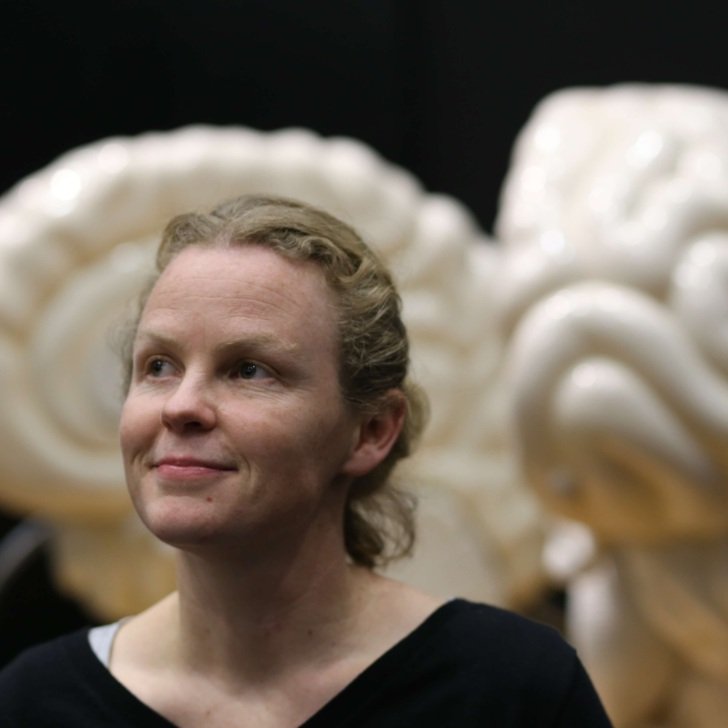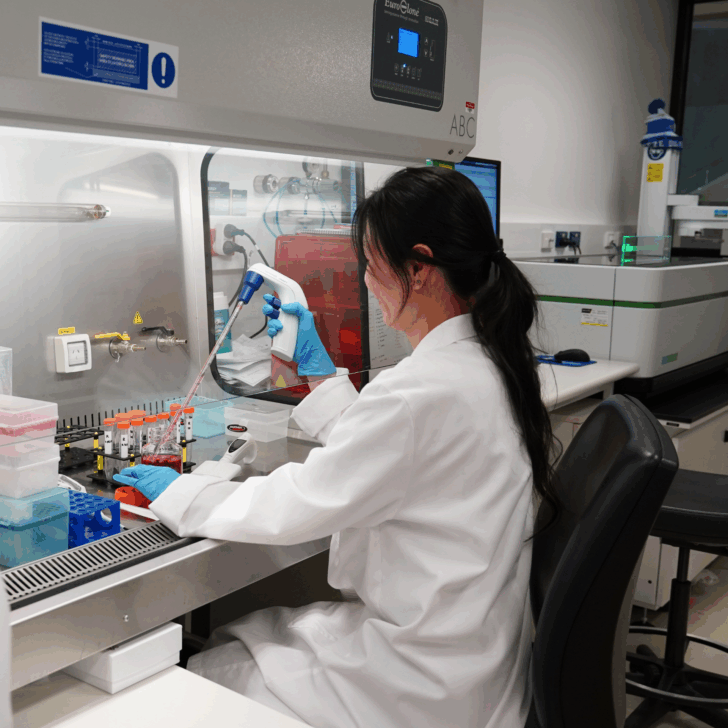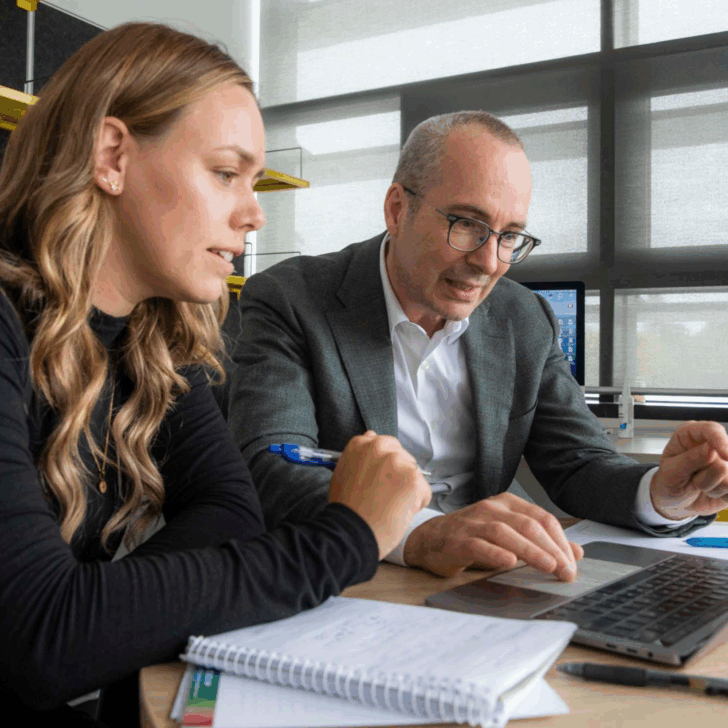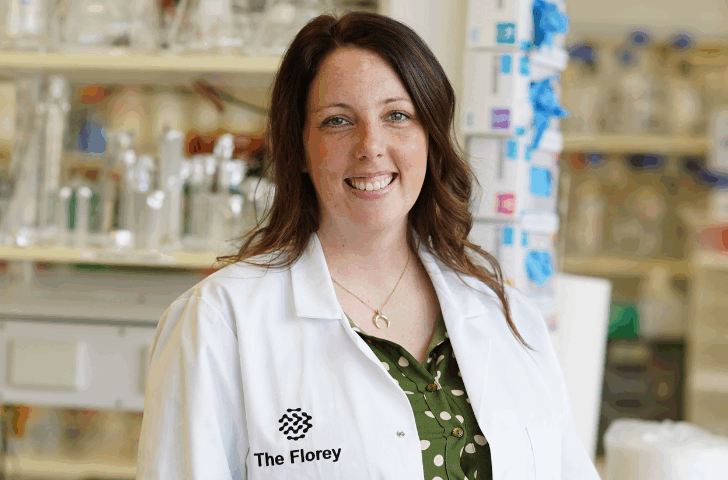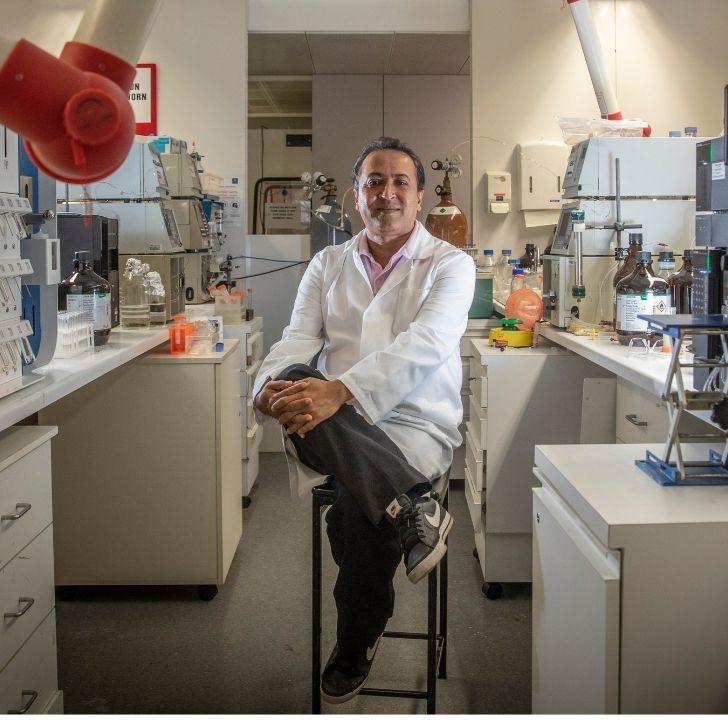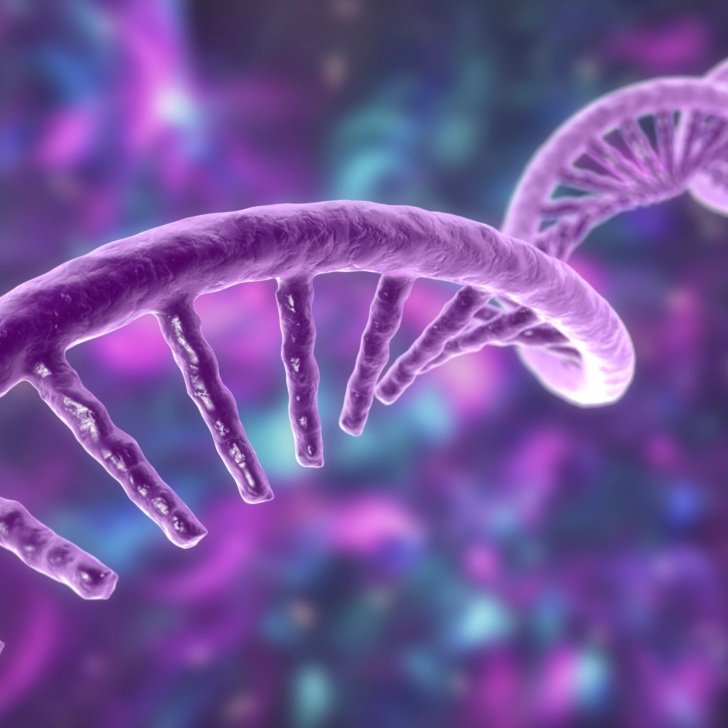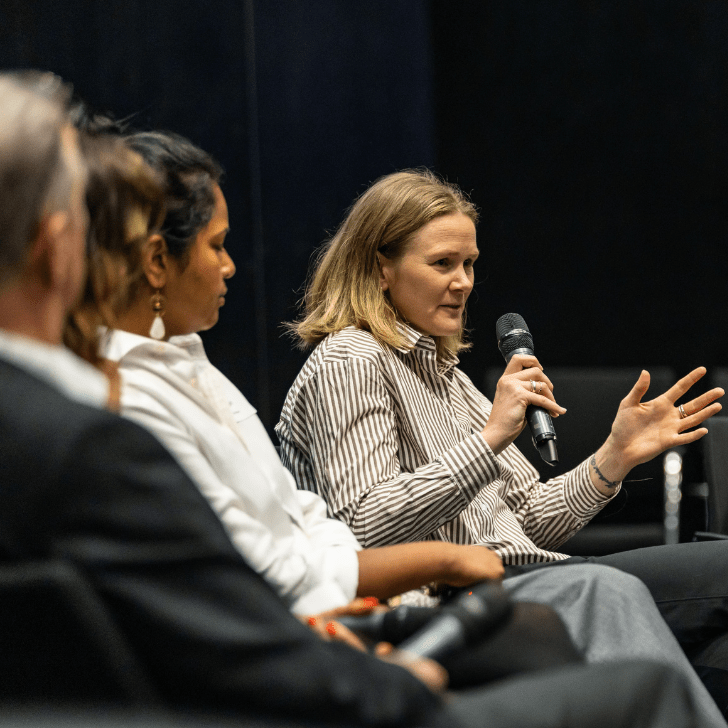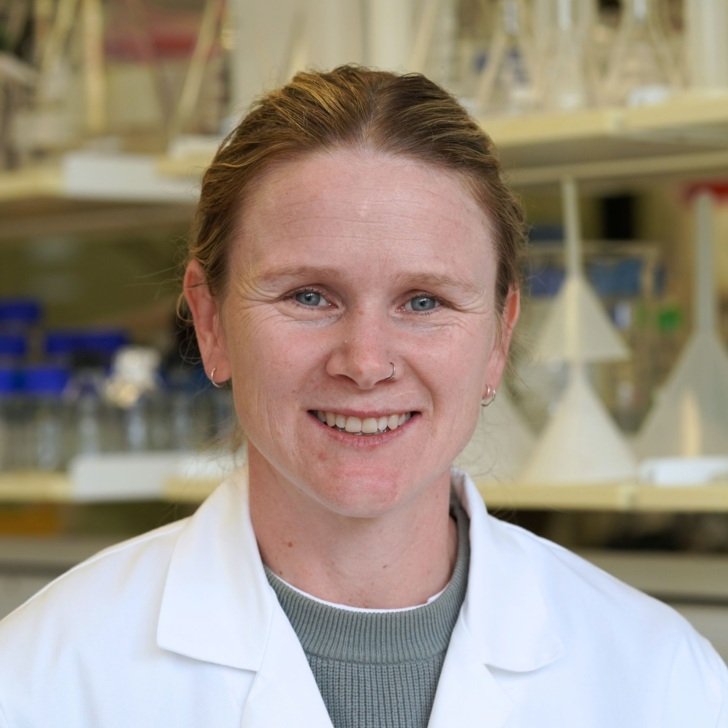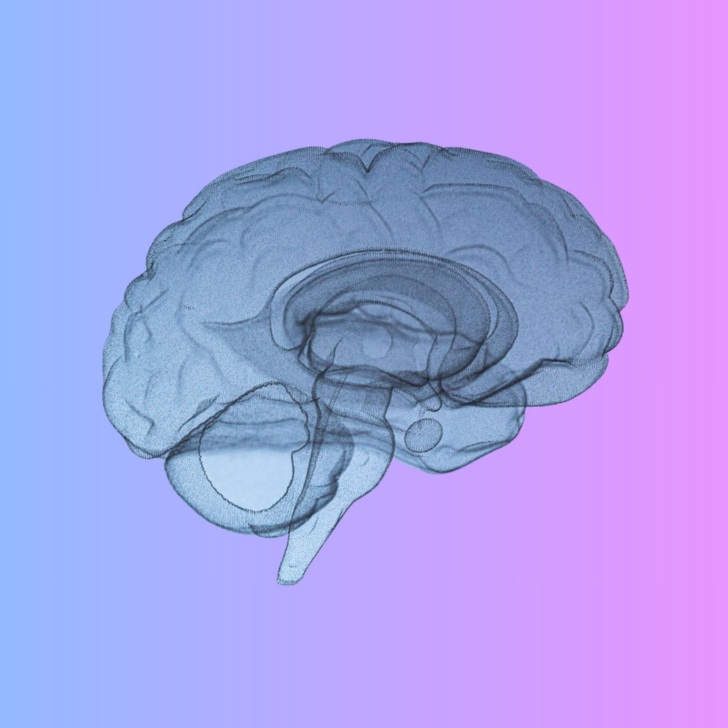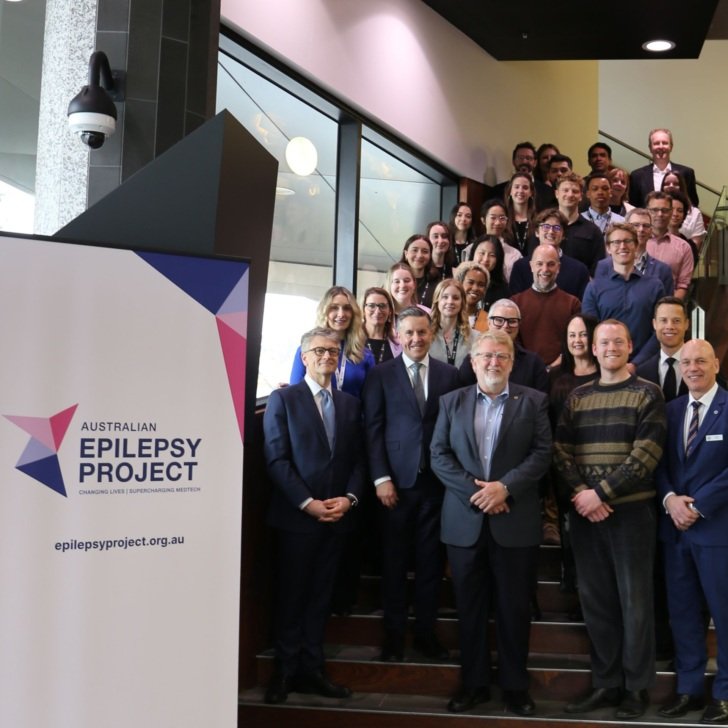Florey researchers Dr Leigh Walker and Professor Andrew Lawrence have been awarded an Australian Research Council Discovery Project grant worth $466,000 to investigate the impact of hunger on the brain during decision-making.
Decision-making is one of the most important and fundamental biological processes executed by humans. But everyday decision-making is often accompanied by conflict and can be influenced by both internal and external factors.
Our brains can be impacted by environmental threats and psychological pressures such as hunger which can influence our decision-making process skewing our risk/reward ratios.
Currently it is unknown how the brain integrates these conflicting goals to determine action selection.
The new study will use a multidisciplinary approach combining behaviour, pharmacogenetics, and sophisticated molecular and functional profiling to investigate brain chemistry and circuitry controlling decision-making under conflict.
Dr Leigh Walker, co-Chief Investigator on the project, said:
This research will make an important contribution to our fundamental understanding of how the brain computes risk and reward decisions in different environmental conditions, while training the next generation of scientists in state-of-the-art neuroscience techniques.
In the long-term it may also have implications for the health and pharmaceutical industries, laying the foundation for new treatments for addiction and other neuropsychiatric disorders characterised by impaired decision-making.”
Professor Andrew Lawrence, the partnering co-Chief Investigator, said:
“This grant will enable research into an important area that is currently under-represented. We make decisions every day and investigating environmental factors that can influence our ability to make the best decisions is critical to our overall wellbeing.”
Understanding how the brain incorporates this information is critical for many industries in Australia.
The work could go on to inform primary food production industries (agriculture, fisheries), which could lead to improved growth rates, health and wellbeing, and survival of animals, ultimately enhancing economic outcomes.
New knowledge may influence advertising, for instance, how our hunger status may guide purchasing decisions, and education such as optimising environments to facilitate learning.
